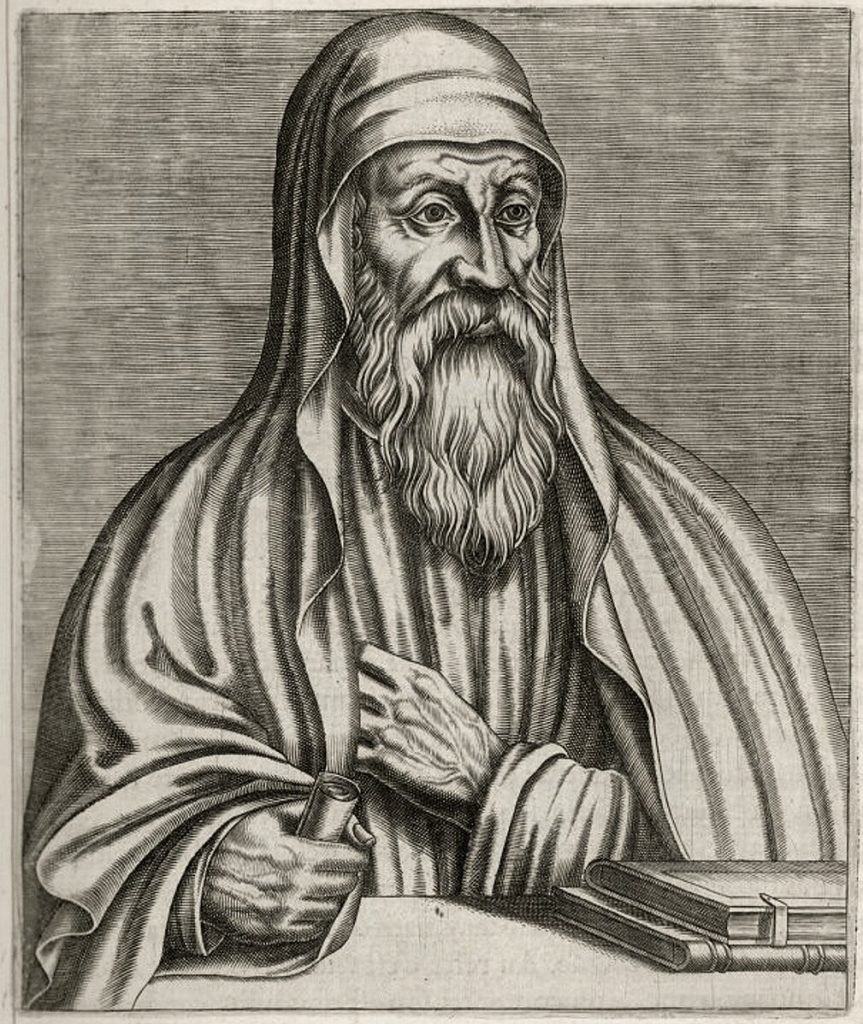
Celsus was a Greek philosopher and one of the earliest outspoken critics of Christianity. Although his work The True Doctrine survives only through the rebuttal of the 3rd-century Christian scholar Origen in Contra Celsum, scholars generally regard the preserved quotations as substantially faithful to Celsus’s original arguments, given their length, detail, and consistently unflattering portrayal of Christianity.
Writing around 178 AD, Celsus acknowledges that Jesus existed but seeks to discredit him, portraying him as an illegitimate figure, a sorcerer, and inferior to the wisdom of true philosophy.
📜 Celsus’ Account of Early Christianity
Celsus’ critique confirms several core facts about Christianity that were evidently well-known in the Roman world, even among hostile intellectuals:
| Celsus on Christians (Direct Quotations) | Inferred Facts |
|---|---|
| “Jesus was born a bastard… his mother was unchaste… and he practiced magic.” (Contra Celsum, 1.32–34) | Historical Jesus: Confirms that a man named Jesus lived and performed acts considered extraordinary or miraculous. |
| “He drew over to him certain people by sorcery and secret arts.” (Contra Celsum, 1.32–34) | Miracles Viewed as Sorcery: His miracles were noted even by critics, though dismissed as magic. |
| “The Christians worship a man who was executed as a criminal.” (Contra Celsum, 1.48) | Jesus Crucified and Worshipped: Confirms that followers regarded the crucified Jesus as a divine figure. |
| “They neglect reason, despise true philosophy, and follow this crucified charlatan.” (Contra Celsum, 1.48) | Faith vs Philosophy: Christians’ devotion to Jesus contrasted sharply with Greco-Roman intellectual norms. |
| “They live communally, care for one another, and sustain widows and orphans in the cities.” (Contra Celsum, 1.53) | Charity and Brotherhood: Christians practiced mutual support and social care, even in the eyes of hostile critics. |
Celsus repeatedly calls Jesus a “bastard,” “sorcerer,” and “charlatan,” while deriding Christians as gullible and irrational. Yet, even in these insults, he inadvertently attests to core realities: Jesus existed, was crucified, attracted followers, performed extraordinary acts (dismissed as magic), inspired devotion, and founded a community characterized by radical care and servanthood.
🏛️ The Historical Significance of Celsus’ Critique
Historians value Celsus not for his Platonic opinions, but because his hostility confirms essential facts about early Christianity from a philosophical enemy:
- Jesus’ Existence and Crucifixion: Celsus explicitly recognizes Jesus as a historical figure who was publicly executed, corroborating the non-Christian testimonies of Lucian and Tacitus.
- Miracles and Influence: He admits that Jesus performed remarkable acts that drew followers, even if he dismisses them as sorcery — confirming the widespread knowledge of the miraculous claims.
- Social Ethics: By noting Christians’ fervent care for one another, including widows and orphans, Celsus provides independent evidence of their distinct and challenging social ethics, much like Lucian’s astonished description of their charity toward the imprisoned.
- Contrast with Philosophy: His primary criticism highlights how Christianity defied conventional Greco-Roman values, emphasizing faith in a crucified man over reasoned, intellectual philosophy.
Like Lucian, Celsus sought to portray Christianity as foolish and dangerous. Ironically, his critique preserves historical evidence of Jesus and Christianity’s growing influence — making him a crucial, hostile witness to the early church. His work offers historians a window into what was known about the core tenets of Christianity among its most educated, sophisticated, and fervent opponents.
Celsus’s acknowledgment that Christians “sustain widows and orphans” and “care for one another” provides crucial independent confirmation of their radical social ethics. This servant-heartedness, also attested by Lucian’s astonished description of their generosity toward the imprisoned, was a defining and widespread characteristic of the early church. When even its harshest critics cannot help but document the movement’s sacrificial charity and unbreakable communal ties, it powerfully underscores the historical reliability of the movement itself. By documenting what he opposed, Celsus confirms the reality, devotion, and powerful social impact of early Christianity, transforming his scorn into a profound, unintended historical witness to the early church’s reliable foundations and core teachings.
📚 References
- Origen. Contra Celsum. Book I. New Advent. Accessed September 26, 2025.
- Celsus. The True Doctrine. Translated by R. Joseph Hoffmann. Oxford University Press, 1987.
- Image Credits: Origen. Wikimedia Commons. Public Domain. Available here.

Leave a Reply